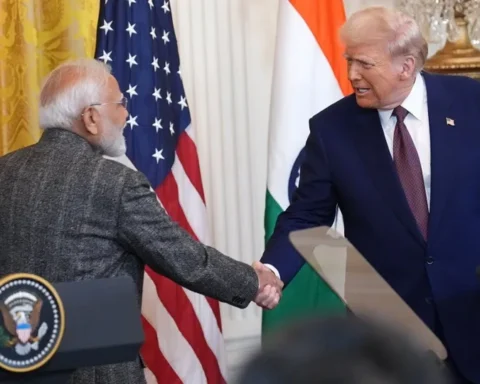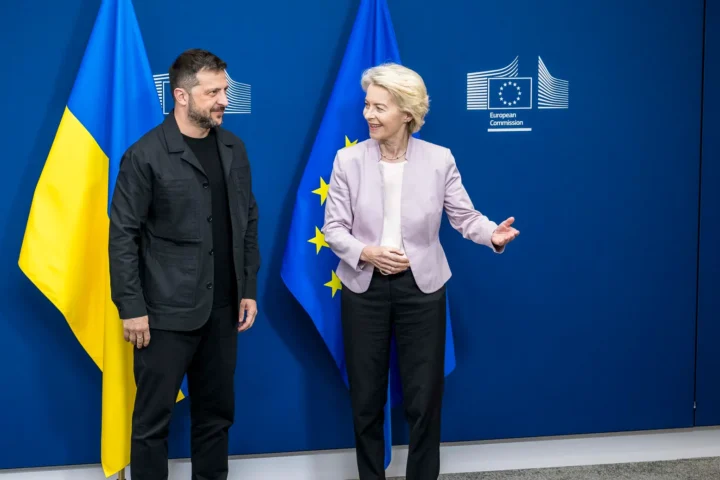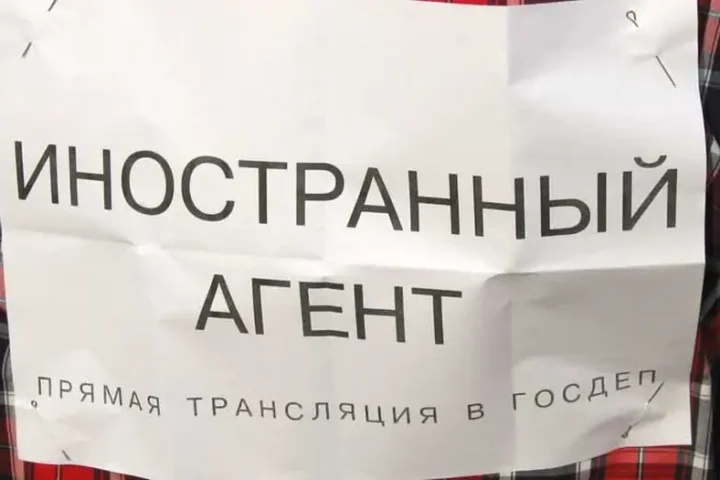According to Le Monde, approximately 1,500 Russian journalists from nearly 70 independent media outlets have been forced to leave their country to escape repression and censorship. Despite being in exile, these media organizations have become a crucial source of objective information for millions of Russians who refuse to accept state propaganda.
Journalists Seeking Support
The recent Redkollegia conference in Vienna highlighted the serious concerns of Russian journalists regarding the impact of Donald Trump’s decision to cut foreign funding. This move deprives independent Russian media of a significant portion of their budget.
As Roman Dobrokhotov, head of The Insider, pointed out, his publication lost about 30% of its annual budget after the planned U.S. financial support was canceled. “We are searching for alternative sources of income, including reader donations, but the situation is extremely difficult,” he said.
“We always knew that support could be cut at any moment, but we didn’t expect it to happen so abruptly,” he added. “Now we have to adapt, find new financial solutions, but most importantly—we must not betray the trust of our readers.”
Creativity Against Censorship
Russian authorities actively block independent media, but journalists have successfully employed various technologies, such as VPNs and mirror sites, to maintain access to information. Over the past 18 months, Reporters Without Borders has created 12,000 mirror sites for the popular outlet Meduza, ensuring that its content remains available to millions of Russians.
Antoine Bernard from Reporters Without Borders emphasized, “Supporting such media is key to fighting disinformation. Our efforts help people in Russia maintain access to independent information.”
Galina Timchenko, the founder of Meduza, noted, “The Kremlin may block us, try to strip us of funding, but readers continue to find us. This proves just how strong the demand is for alternative information.”
Financial Deadlock and Risks to Independence
Despite their creativity and resilience, many Russian media organizations abroad face severe financial difficulties. Meduza, having lost part of its foreign funding, has turned to crowdfunding and book publishing. According to Timchenko, the situation is critical: “Lack of funds will force us to fire journalists whom we previously rescued from repression.”
Some journalists fear being added to the “undesirable organizations” list, which would severely limit their ability to operate and put both their employees and readers in Russia at risk. Dmitry Treshchanin, deputy editor-in-chief of Mediazona, explained, “Once a media outlet is placed on this list, any association with it becomes a crime. This is a tool designed to destroy independent journalism.”
New Threats and Constant Pressure
Russian media in exile also face personal safety threats and pressure from security services. Investigative journalist and security expert Andrei Soldatov warned, “After the U.S. funding was cut, journalists started actively seeking new sources of income. This makes them more vulnerable to Russian intelligence agencies, which are closely monitoring their contacts.”
Roman Dobrokhotov personally faced an attempted kidnapping after publishing a series of high-profile investigations into Russian intelligence services. “We knew we were at risk, but we didn’t expect the methods of pressure to become so aggressive,” he said.
Journalists also struggle with everyday and administrative challenges: high living costs abroad, visa and documentation issues, and pressure on family members who remain in Russia. “Leaving doesn’t necessarily mean being safe,” noted Galina Arapova, a lawyer working with journalists. “The pressure continues, just in a different form—it’s a constant fear for colleagues, for loved ones, for the future.”
Despite enormous difficulties and an uncertain future, Russian independent media continue their work, remaining a vital tool in defending freedom of speech and democracy. As Timchenko emphasizes, “We may run out of money, but we will never run out of truth.”
This article was prepared based on materials published by Le Monde. The author does not claim authorship of the original text but presents their interpretation of the content for informational purposes.
The original article can be found at the following link: Le Monde.
All rights to the original text belong to Le Monde.


















